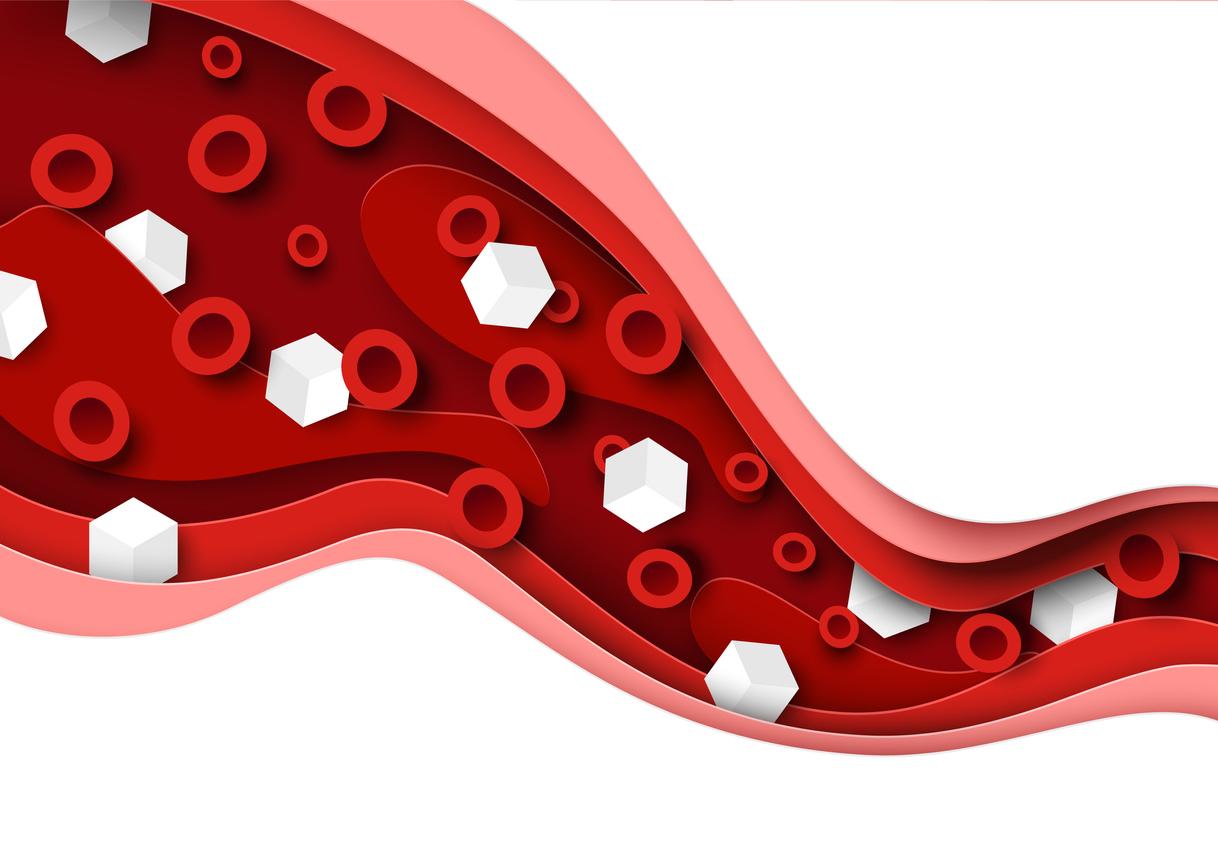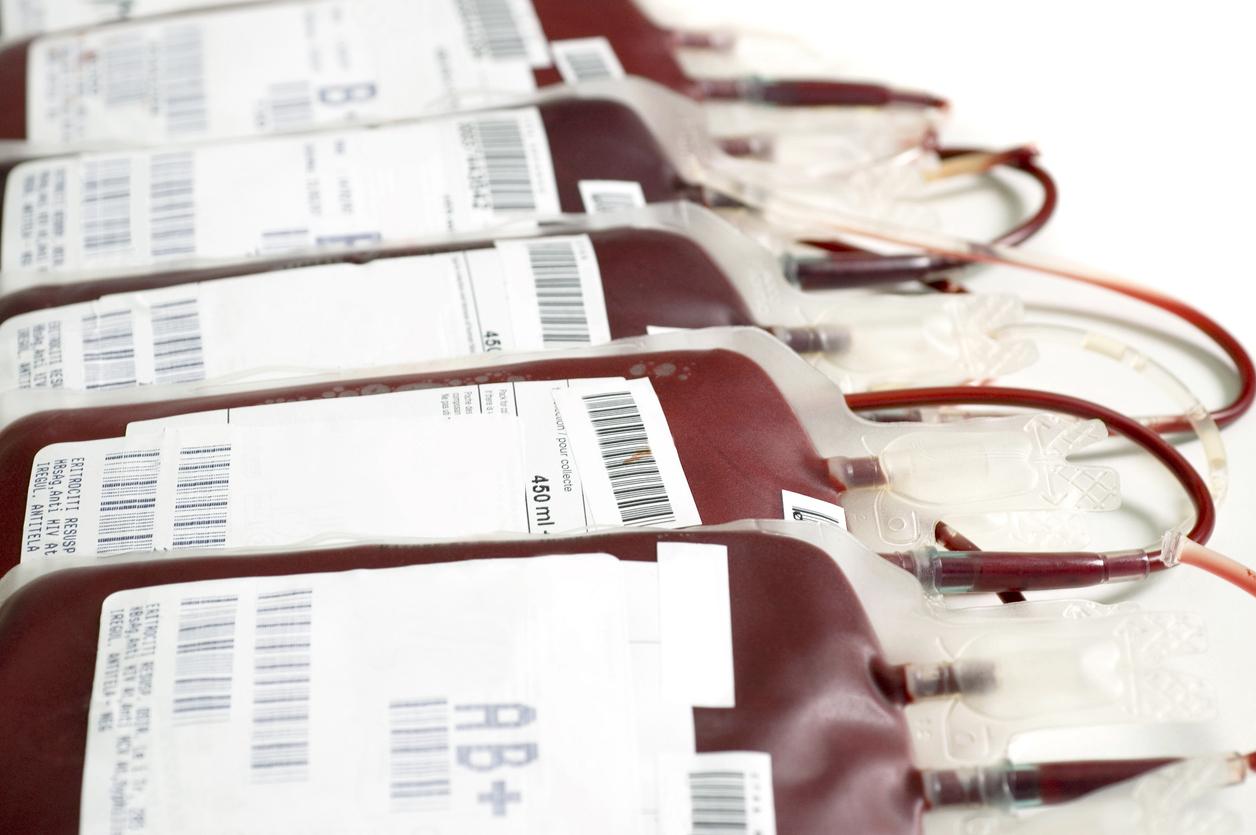It would be possible to detect a concussion with a simple blood test, thanks to a biomarker: the SNTF protein. It would be linked to the symptoms of injury, a characteristic of traumatic brain injury.
Researchers from the University of Glasgow (Scotland) and Pennsylvania (USA) have published in the journal Acta Neuropathologica a new study that reveals a simple blood test could detect a concussion. Researchers conducted a study with 18 concussion victim participants and 16 healthy controls. Scientists have demonstrated by serum analysis that the SNTF protein is a marker of diffuse axonal injury, a recognized and common symptom of head trauma.
This discovery could be of great support to sports medicine. Indeed, too many athletes do not take into account the dangers of even slight shocks. Mostly and even after a violent blow, athletes tend to return to the field. Yet even mild concussions can have long-term consequences on the brain and affect memory, balance, eyesight and emotions.
Concussions weaken the brain
In a study published by the Journal of the International Neuropsychological Society in August 2013, scientists revealed that “people who have been concussed will show reduced mental endurance and to tire more quickly during prolonged solicitations”.
Receiving another blow, even a light one, right after a shock can have critical or even fatal brain consequences.
According to figures from the Institute of Health and Medical Research, the emergency services of French hospitals receive more than 100,000 victims of head trauma, 90% of whom are considered light. But light does not necessarily mean benign.
Read also:
Brain concussions: a mouth guard capable of detecting them in athletes
Brain concussions: we underestimate them!
Head trauma: long-lasting effects

















